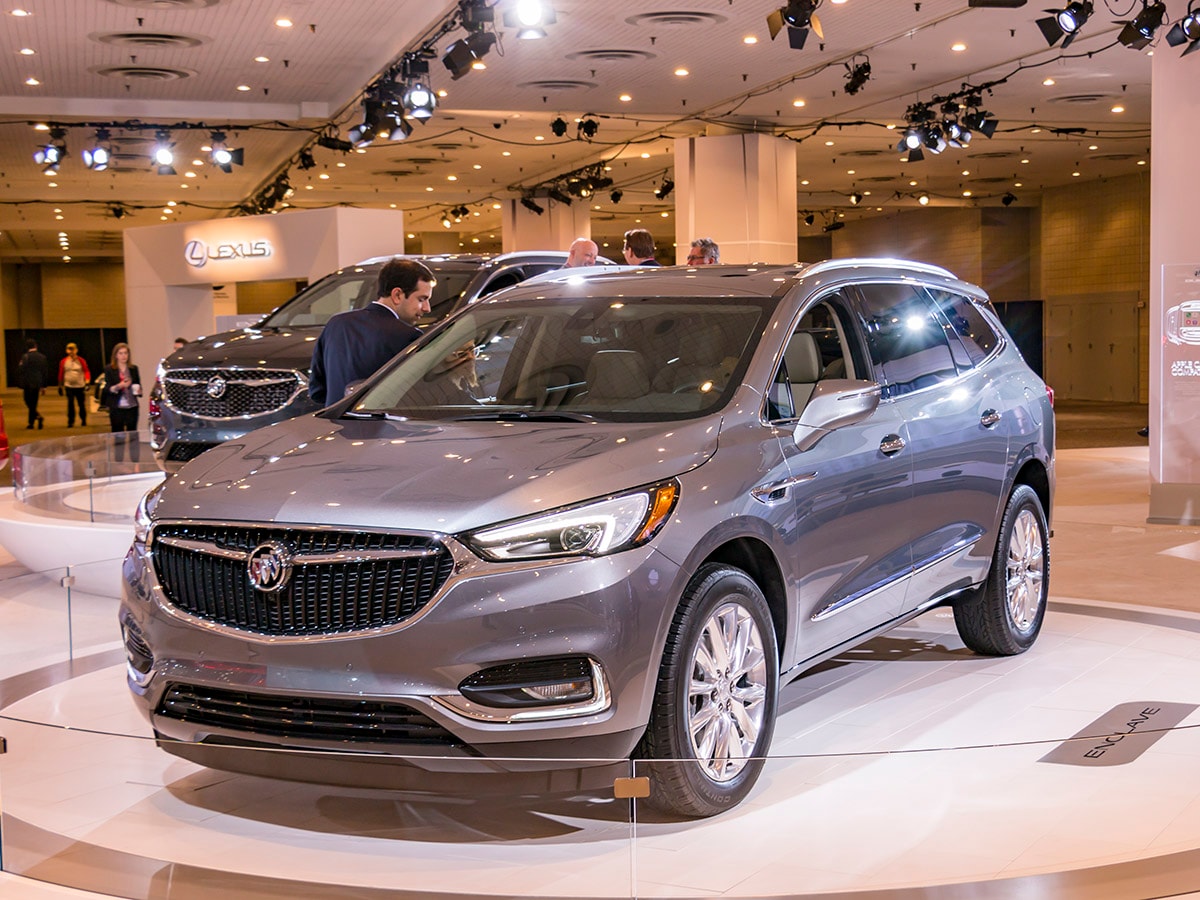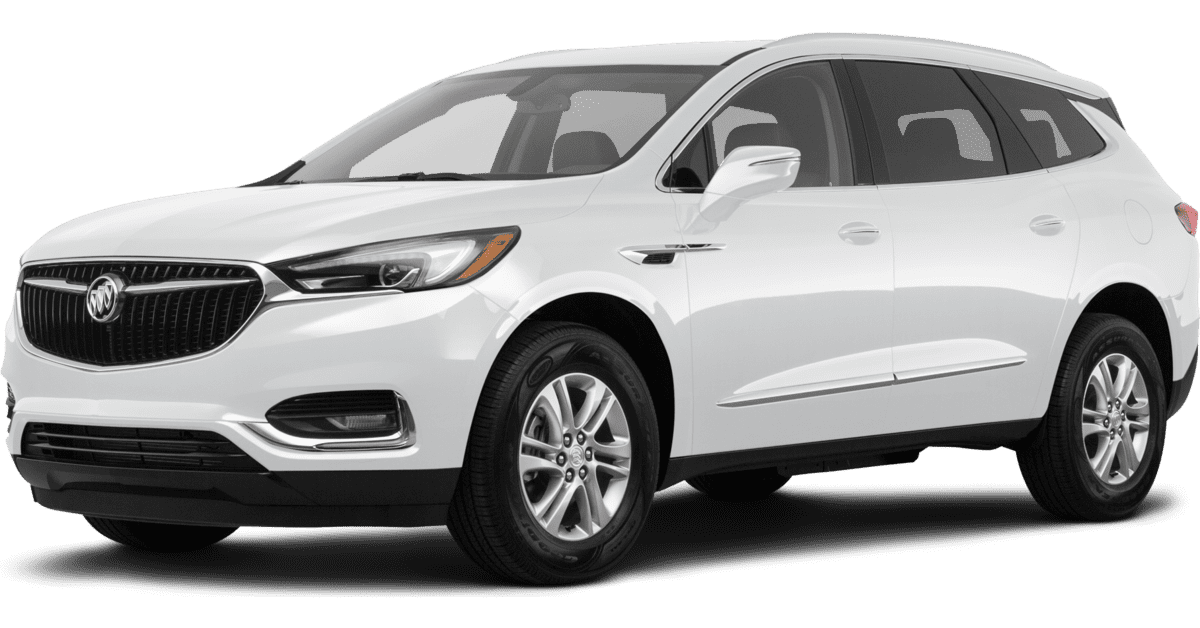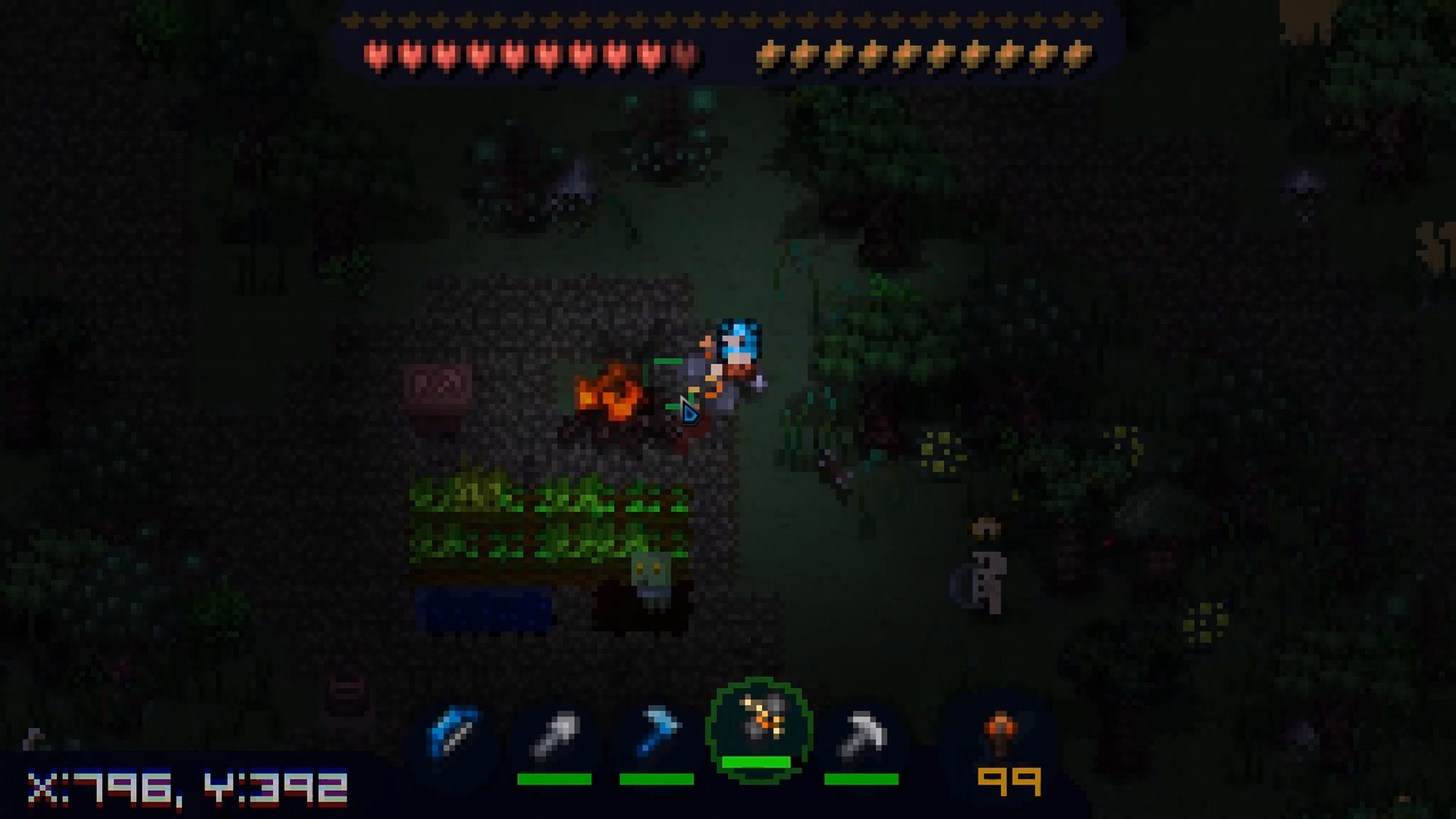Close to iconic shopping at South Coast Plaza, The Enclave features resort-style living with poolside cabanas, a Junior Olympic saltwater pool, fitness center, theater, clubhouse, jogging trails, and more. Enclave definition, a country, or especially, an outlying portion of a country, entirely or mostly surrounded by the territory of another country.
Feeling Surrounded?


Yes, it happens on occasion: a country or other political entity may be entirely surrounded by another country or entity. Or, there’s the opposite, where a piece of a country or larger political entity will be completely separated by other entities that have absolutely no political jurisdiction over it. These political anomalies are known as “enclaves” and “exclaves”. There is some confusion between the two, since in theory and technicality they relate the same thing occurring. To clear up the confusion, we’re going to look at how, in fact, these two terms are different, both politically and geographically.
Federal Enclave Map
Enclaves
Enclave is derived from the Old French word enclaver, meaning to enclose, which in turn evolved from the Vulgar Latin inclavare, or “to lock up”, which further originated from the Latin “in-clavis”, meaning key. Depending on what part of the world these enclaves are located, they may either enjoy top class protection from potential enemies, or be literally surrounded by an enemy. In many cases, enclaves are on a more local level, with it merely being a county or city that is completely surrounded by a larger city.
Some examples of enclaves include:
Australian Capital Territory, Australia
Completely surrounded by the much state of larger New South Wales, the Australian Capital Territory was declared on January 1st, 1911, after the territory’s largest city, Canberra, had been selected, based on the basic requirements for the capital to be located somewhere picturesque, distinctive, and with views galore, as the site for the capital city upon the official federation of Australia earlier in 1901. An international competition was held even for the design of the new capital, which was awarded to American architect Walter Burley. Today, like many capital cities, Canberra continues to be both a cultural and tourist hub for Australians and foreigners alike who enjoy the many sights around the city.

Lesotho

Arguably one of the more obscure countries in southern Africa, Lesotho is entirely surrounded by South Africa in the highlands of the semi-arid Drakensberg Mountains, where arable land is hard to come by, and many people seek work in nearby South Africa, upon which the small, former British protectorate is highly dependent upon economically. Travel is also limited in Lesotho, as many of the villages throughout the country can only be reached by horse. Lesotho continues to be mired by political instability and a high poverty rate, though the country at least has a reasonably high literacy rate, currently standing at around 85%.
Saskatoon, Saskatchewan
The largest city in the province, Saskatoon is completely surrounded by the Corman Park Rural Municipality, both of which are located in the heart of Canada’s “breadbasket”, which is actually the whole province of Saskatchewan’s superlative nickname. The name of the city is derived from a berry that remarkably resembles blueberries, but the city is best known for its many bridges crossing over the South Saskatchewan River, which flows right through the heart of the city. Of course, Saskatoon isn't some special case here. Both nearby Martensville and Warman are also enclaves within the same Corman Park Rural Municipality.
San Marino
A microstate surrounded and landlocked by Italy near the top of the boot-shaped Italian Peninsula, San Marino is one of the world’s smallest countries. In this affluent nation, vehicles outnumber people! Sometimes considered the world’s oldest republic, the country is a remnant of a bygone era when many city-states were scattered across Europe, especially Italy, before their widespread unification. With Italy as a decent defense and buffer, San Marino remained neutral during World War II, although it was ruled by a fascist government during that time. More recently, in 2009 San Marino removed itself from the Tax Haven “gray list” that has become a recent global scandal among other countries.
Exclaves
Exclave is derived directly from “enclave”, only used instead to describe a single part of a country isolated from the rest of it by another country or territory (belonging to a different country). Like enclaves, exclaves abound all around the world. Let’s take a look at a few examples below.
Point Roberts, Washington State, U.S.A.
Located about 18 miles south of Vancouver, British Columbia, Canada, and directly south of the U.S.-Canadian border, the census-designated locale of Point Roberts marks the southernmost point of the Tsawwassen Peninsula, the western border of Boundary Bay. When the Oregon Treaty in 1846 was concluded, establishing the border between the U.S. and North American parts of British Empire (later Canada) along the 49th parallel, nobody at the time was aware of what effect this would have on the local areas and, in Point Roberts's case, it was a total goof-up. There were proposals of Point Roberts joining Canada for the obvious reasons, but no action was ever taken. Residents living here enjoy some of the lowest crime rates in America, and the community is home to at least 50 people in the Witness Protection Program, but those luxuries come at a cost. Apart from a gas station, marina, grocery store, and post office, anyone looking for more services must travel back up into Canada and then cross the border again back into the U.S. For kids above third grade, this commute is daily, as they must travel across national boundaries to Blaine for school. But, despite this, the residents still enjoy their peace, and most don’t leave very often anyways.
2017 Enclave
Kaliningrad Oblast, Russia
Russia is so huge you would think it wouldn’t even need, let alone have, an exclave of any kind, but here we have one. Located on the eastern Baltic Sea coast, bordered by Lithuania and Poland, Kaliningrad (city) is Russia’s westernmost city, and the country’s only Baltic ice-free port. Thus, it remains of economic interest to Russia, while remaining one of Russia’s most decrepit cities. It’s just strange to think that once the city of Kaliningrad (formerly Konigsberg) was a beautiful Medieval city in the old Kingdom of Prussia (later the leading state of Germany until its abolition by the Allies following World War II, when the city was thoroughly destroyed. Subsequently, as part of the Soviet’s Eastern Bloc, Konigsberg became a Soviet subject, and was renamed Kaliningrad in honor of the Bolshevik hero Mikhail Kalinin. Of course, official visas are required for any of the citizens who wish to travel to the rest of the Motherland by land.
Western Fulton County, Kentucky, U.S.A.
At least in this case, the exclave inconvenience is only between states, but to reach what is called the “Kentucky Bend” one must drive south into Tennessee before driving up north again back into Kentucky. The bend is located at the far southwestern corner of Kentucky, at a point along the Mississippi River where it becomes so slow-moving, because of virtually no elevation differences, that massive oxbow loops are present for much of the rest of the river’s course. Furthermore, in the case of this particular bend, what happened was a series of earthquakes in 1812 changed the course of the river, creating this geographic anomaly. The border between the two states far predates the actual creation of the states with the formation of the Royal Colonial Boundary of 1665, which was meant to prevent overlap between the Colony of Virginia and the Province of North Carolina. In the future, the course of the Mississippi would change due to the aforementioned seismic activity, resulting in the Kentucky Bend becoming an island and then the leftover oxbow lake later being filled in with land.
Caloocan, Philippines
Enclave At Roswell
Located in Greater Manila, in fact directly north of Manila along the waterfront, Caloocan is the third most populous city in the Philippines. Caloocan is bisected into its distinctly separate northern and southern sections by Quezon City, which was created in 1939, an action which the citizens of Caloocan put up no opposition against. Today, the northern section is more rural and suburban in nature, while the southern portion is more fully urbanized.



